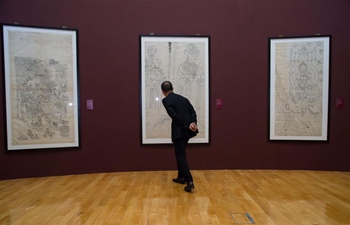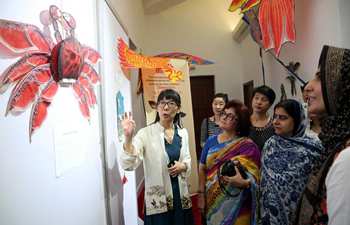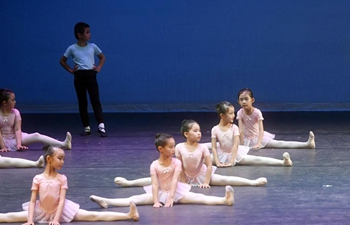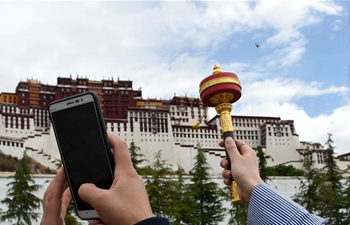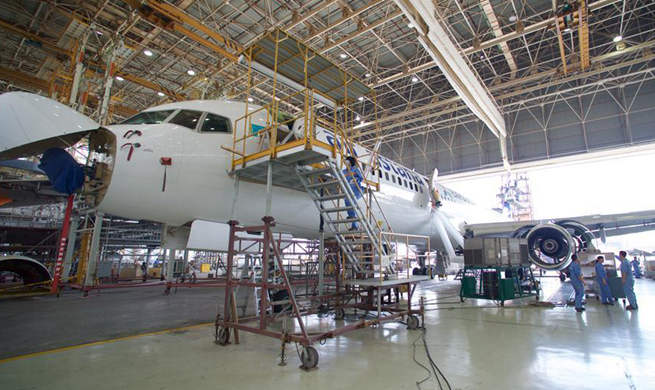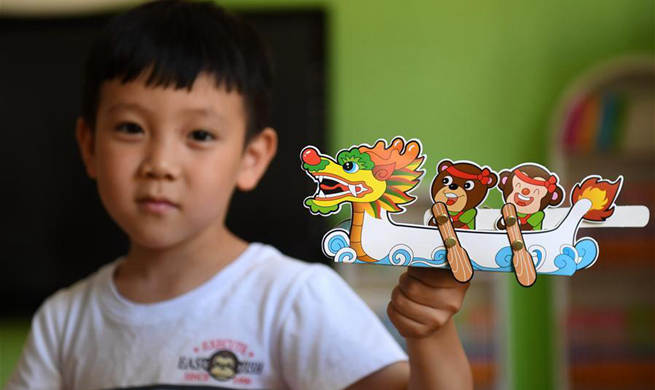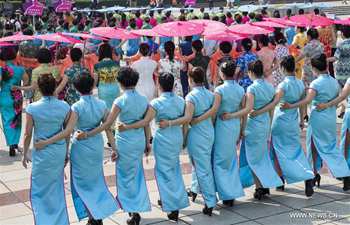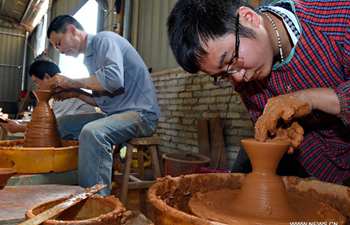by David Musyoka
NAIROBI, May 23 (Xinhua) -- Kenya's First Lady Margaret Kenyatta on Tuesday called on individuals and corporate institutions to support the treatment of women affected by fistula.
Addressing an international conference in Nairobi, Margaret also asked all mothers hiding behind the shame of fistula to be assisted medically to help them resume normal lives.
"I urge that we seek out more of our mothers who are hidden away while suffering from this condition and encourage them to seek help," she said when opening the International Conference on Reproductive Health in Nairobi.
The three-day conference, under the theme of "Ending Obstetric Fistula in a Generation" is part of the commemoration to mark World Fistula Day on Tuesday.
The conference brings together both regional and international health partners and delegates from all over the world including Canada, Britain, Pakistan and Somalia.
Margaret said mothers suffering from obstetric fistula usually suffer from negative emotional and psychological effects due to humiliation from their smell and their inability to perform family roles.
Obstetric fistula is a devastating and demeaning condition caused by prolonged obstructed labor, leaving a woman with insufficient voluntary control over urination. The condition, which is preventable and treatable, also causes suffering, indignity and disability.
Obstructed labor is one of the leading causes of maternal mortality in the developing world and it happens when a woman undergoes prolonged obstructed labor without receiving timely medical or surgical care, typically a Caesarean section.
The pressure of the baby's head can cause extensive damage to organs in her pelvis. But the woman may be left with a hole between vagina and bladder, or vagina and rectum that constantly leaks urine or faeces.
Strong smells occasioned by this condition forces many affected women to remain hiding away from any public interactions. Separation and divorce are some of the other consequences of the condition.
Margaret said childbirth anywhere in the world is a time for celebration, yet in many cases in Africa, childbirth ends with serious and tragic life-threatening complications that bring untold suffering to women.
She said the current generation must commit itself and find ways to end obstetric fistula.
"We have come together to refine our strategy, renew our commitment and put all necessary measures to ensure that we are the generation that will end obstetric fistula," said Margaret.
She said the campaign to end the condition is still under-resourced and requires far more financial and human resources to achieve its goals.
The United Nations Population Fund (UNFPA) has aimed to eradicate fistula across the world.
Globally, an estimated 2 million mothers suffer the stigma of obstetric fistula while giving birth.
In Kenya, 3,000 new cases of the condition are reported annually although there are fears many more mothers could be suffering in silence and seclusion due to shame and public humiliation.
The first lady said if these issues are properly addressed, maternal disability and death could be reduced by 20 percent.




